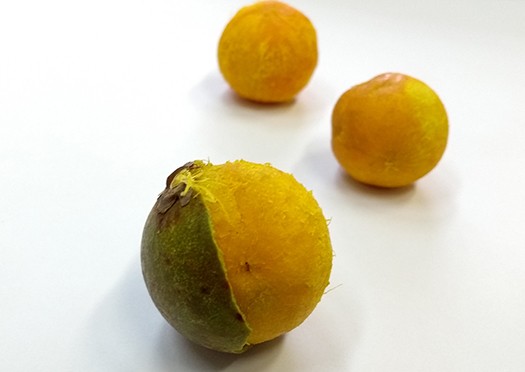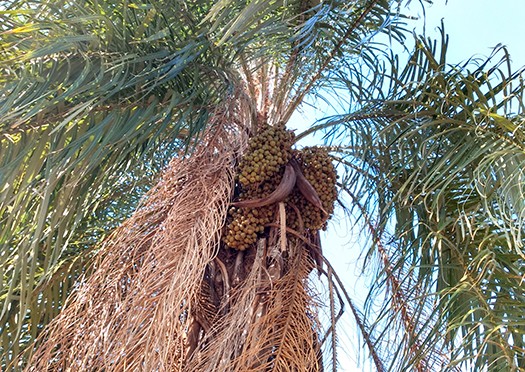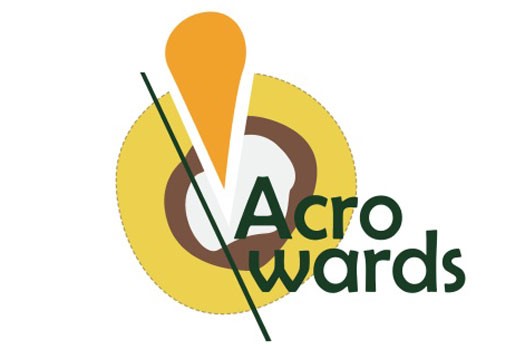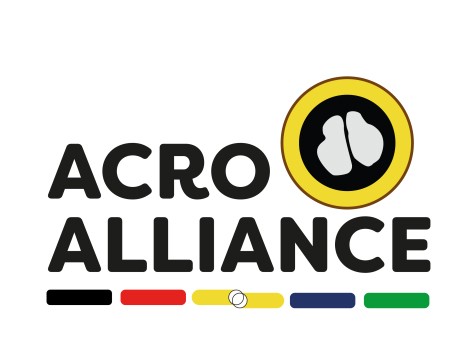Macauba's potential for sustainable development
Macauba, also known as Acrocomia aculeata, is one of the most promising plants for sustainable development in Brazil. With multiple uses and great economic and environmental potential, macauba palms can be used to produce from food to cosmetics.
What is Macauba?
Macauba is a plant native from Latin America and can be found in almost all regions of Brazil. This palm is found mainly in biomes such as the Cerrado, the Atlantic Forest and the Amazon. Reaching up to 15 meters in height, macauba palms have a multifunctional use, offering economic and environmental benefits.


Economic and environmental potential
This palm tree has enormous potential for Brazil, since it can be exploited almost entirely, allowing for the development of various products and by-products. From the macauba stem we can extract palm heart (palmito); from the leaves, we can produce animal feed; from the fibers we can make nets and ropes and from the trunks we can build houses. In addition, the oils extracted from the pulp and almonds can be used both for food and to produce margarine, cosmetics and soaps.
Recognized for its great capacity to produce biodiesel, macauba can yield up to 26 times more oil than soya. According to research by the Agronomic Institute of Campinas (IAC) in São Paulo and Minas Gerais, the production of oil from the pulp can reach 3,000 kilos per hectare in commercial plantations.
“The pulp oil has 70% oleic acid in its composition, which makes it suitable for biodiesel production, while the seed oil is rich in short-chain fatty acids (with up to 12 carbons), which gives it excellent quality for the food and cosmetics industries,” explained IAC researcher Carlos Colombo in an interview.
In addition to the various marketing possibilities, macauba's adaptability to different soils and climates highlights its potential for sustainable development. It can be used, for example, for environmental recovery and reforestation projects, and to produce biofuels and biomass.
Fraunhofer Projects: Macauba Research and Innovation
Check out below Fraunhofer's projects to expand the knowledge about macauba, its processing and applications.
1. Acrowards (2016 - 2019)
Acrowards is a project of the Fraunhofer Institute for Process Engineering and Packaging IVV (Fraunhofer IVV), conducted in partnership with the IAC and the Institute of Food Technology (ITAL). The institutes aim to study post-harvest techniques, processing and the quality of fractions obtained from macauba. The initiative promotes German-Brazilian cooperation to develop fractionation technologies that make it possible to separate the fractions of the fruit's raw material (oil, protein and fiber) and thus exploit the potential of macauba.
To this end, German and Brazilian companies from the entire production chain are involved in the project. A total of 15 partners representing industrial and research organizations in Brazil and Germany are taking part in the project. The project is funded by the German Federal Ministry of Education and Research (BMBF).
Acrowards also aims to analyze and develop sustainable cultivation systems that integrate good cultivation and processing practices in order to guarantee the full use of macauba. This is intended to add economic value and enable the application of macauba fractions to food and non-food products.

2. Acro Alliance (2022 - 2025)
The Acro Alliance project continues Acrowards' research with a focus on developing a sustainable value chain for macauba in a multidisciplinary environment, together with the main companies and research institutions in both countries interested in the chain. In Brazil, this initiative involved three research institutions: the University of Viçosa (UFV), the Agronomic Institute of Campinas (IAC) and the Institute of Food Technology (ITAL). In Germany, two partners joined the research: Fraunhofer IVV and the University of Hohenheim. In addition, 11 companies have joined as partners: Speick Naturkosmetik GmbH & Co; INOCAS Innovative; Oil and Carbon Solutions; Investancia Reforestation Oil & Protein; Soleá Brasil; Avicenna Consultoria Cosmética; Brf; Cargill; EDB Polóis Vegetais; and Mondelez.

3. AcroFibre (2021 - 2023)
Dietary fiber has gained attention due to the health benefits associated with its consumption. They have properties that can be used to improve the texture, quality and stability of products.
Macauba palm trees have a high technological potential and good functional and sensory properties in their fibers. However, knowledge about the influence of the different macauba species and about processing techniques is still limited, hindering the exploitation of macauba fibers as food ingredients.
AcroFibre aims to solve this problem. The project is a partnership between Fraunhofer IVV, ITAL and IAC and aims to develop functional dietary fibers from macauba pulp. To this end, the project will identify raw materials and suitable processing techniques, as well as creating artificial intelligence tools to predict the degree of fiber functionality in food products.
Final remarks
The macauba research developed by Fraunhofer in partnership with different companies and institutes has a positive impact on the agricultural sector and food producers. The studies and technologies developed not only improve the plant's processing and extraction techniques, but also make it possible to develop products that meet the growing consumer demand for healthy and sustainable food products.
Did you like learning more about macauba? Share this article and help spread the word about the benefits of this native plant for the economy and the environment.
Text:
Raissa Raninne
Review:
Lívia Moraes
 Fraunhofer Liaison Office Brazil
Fraunhofer Liaison Office Brazil